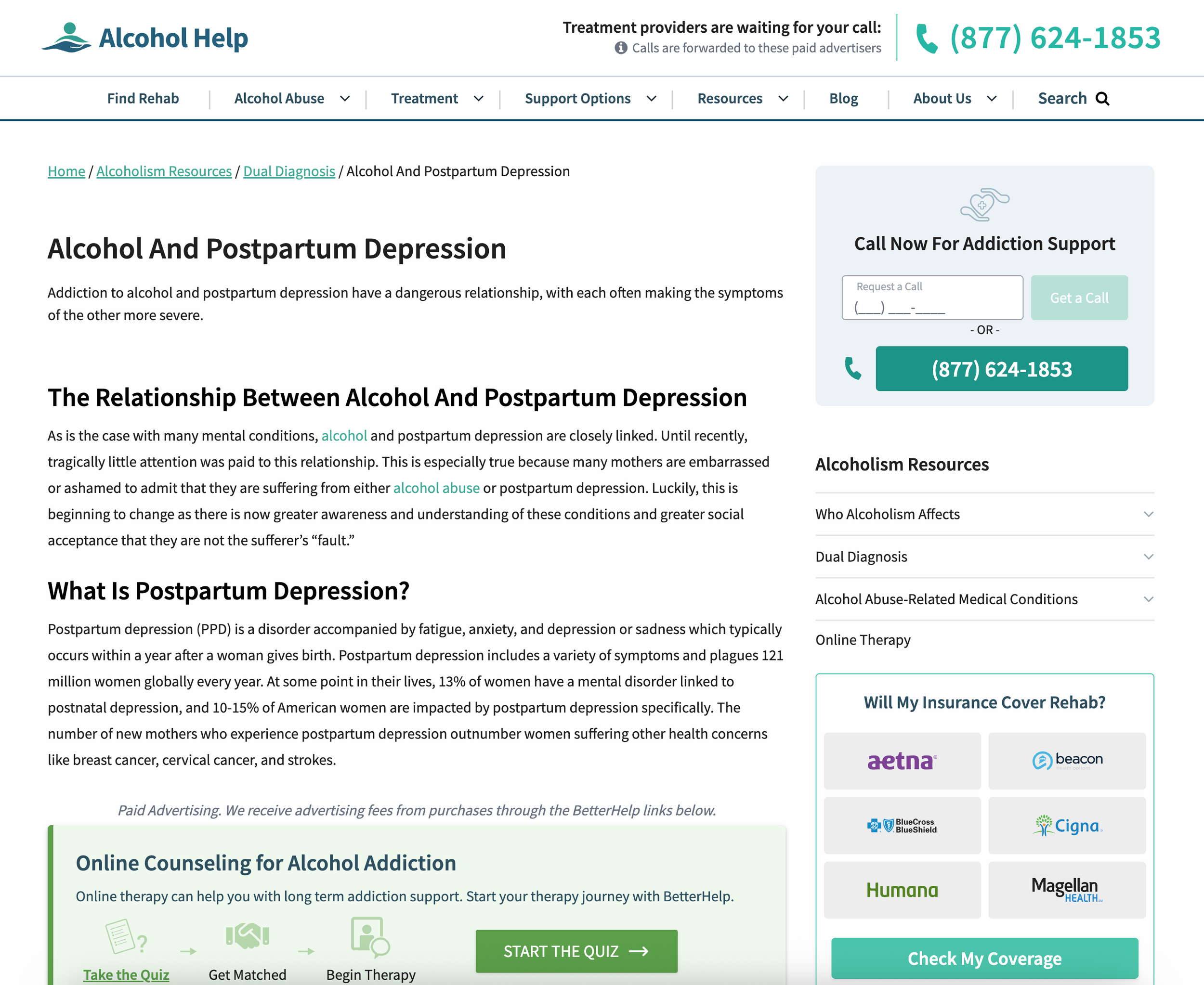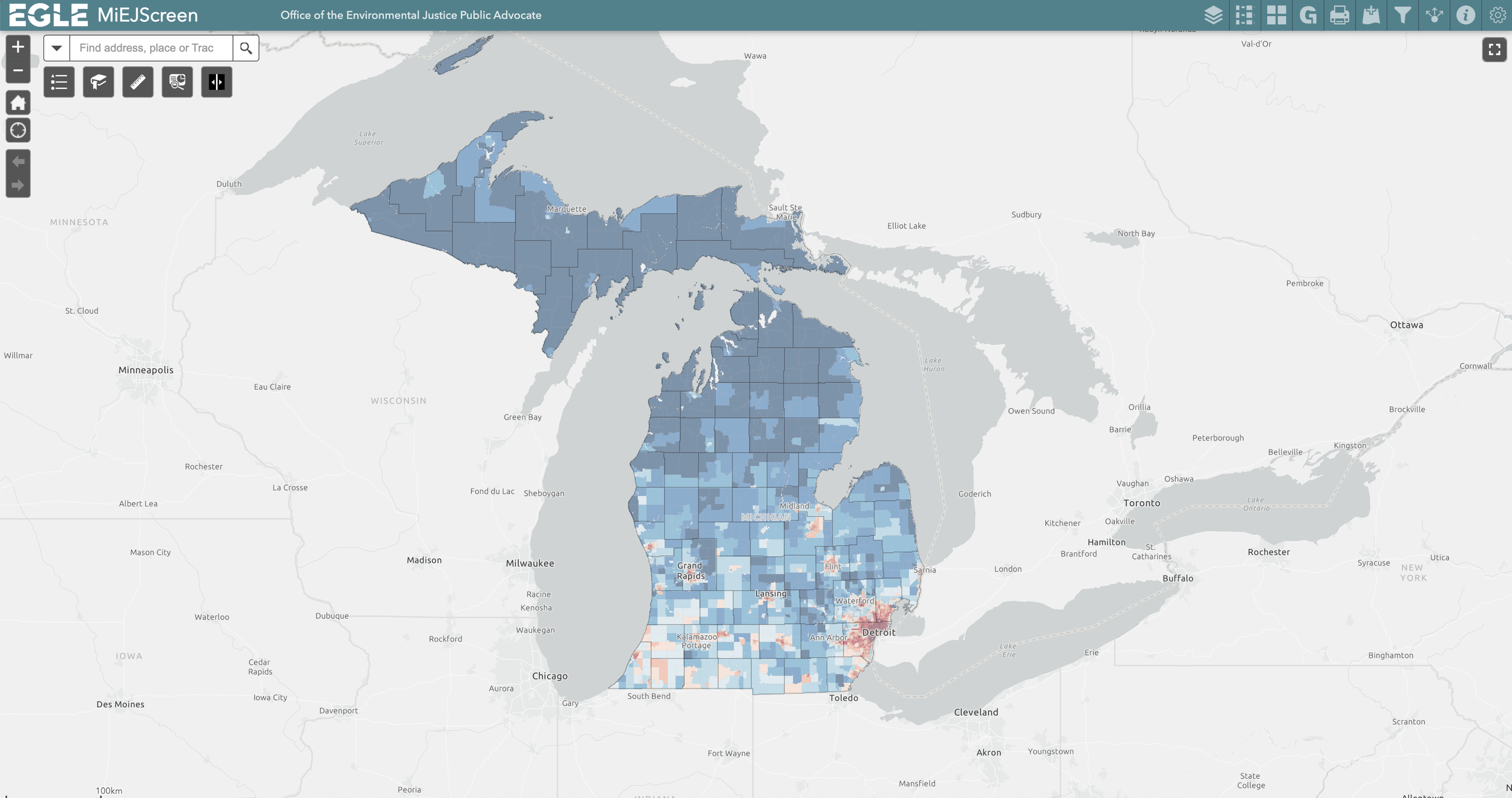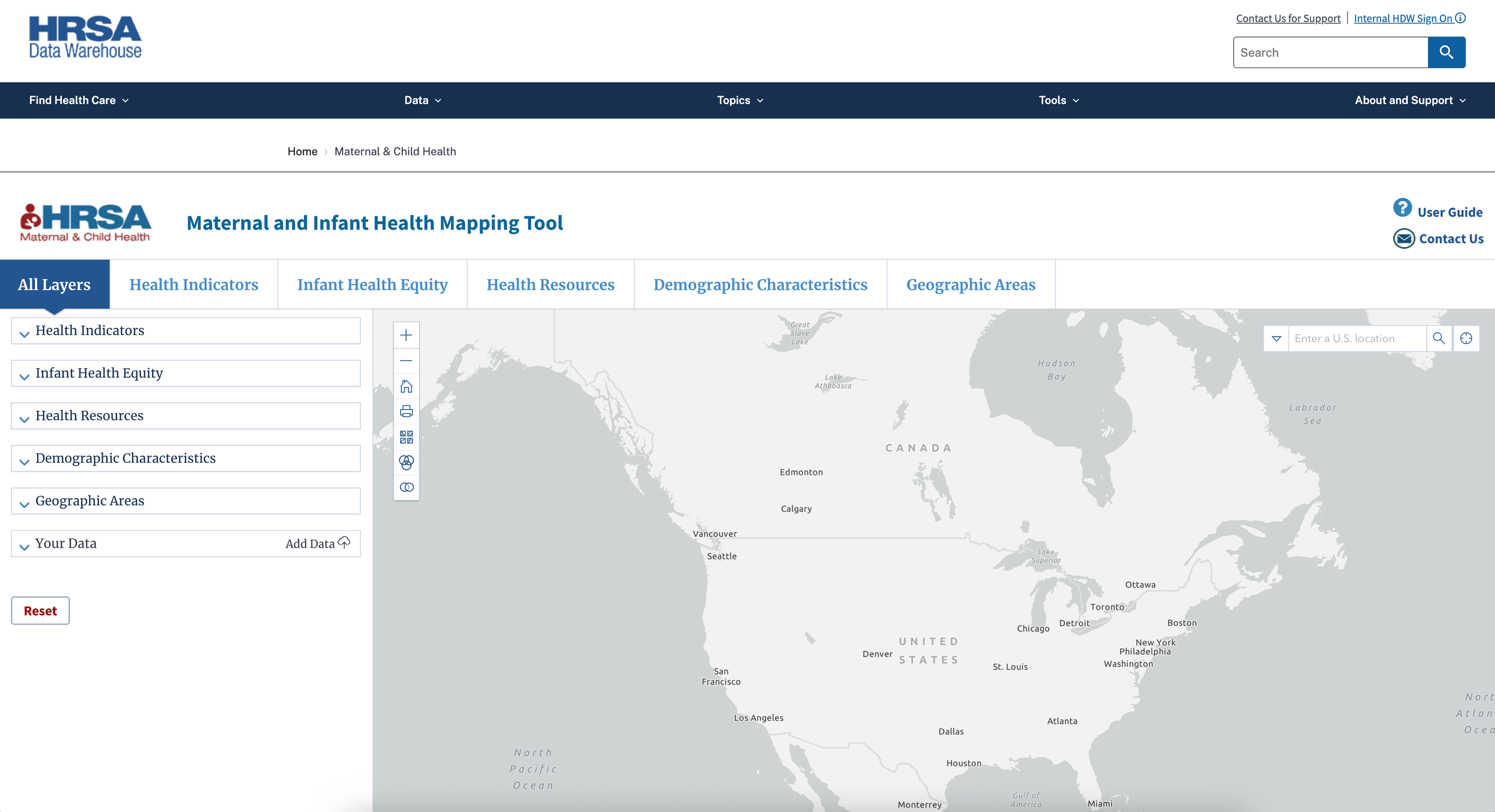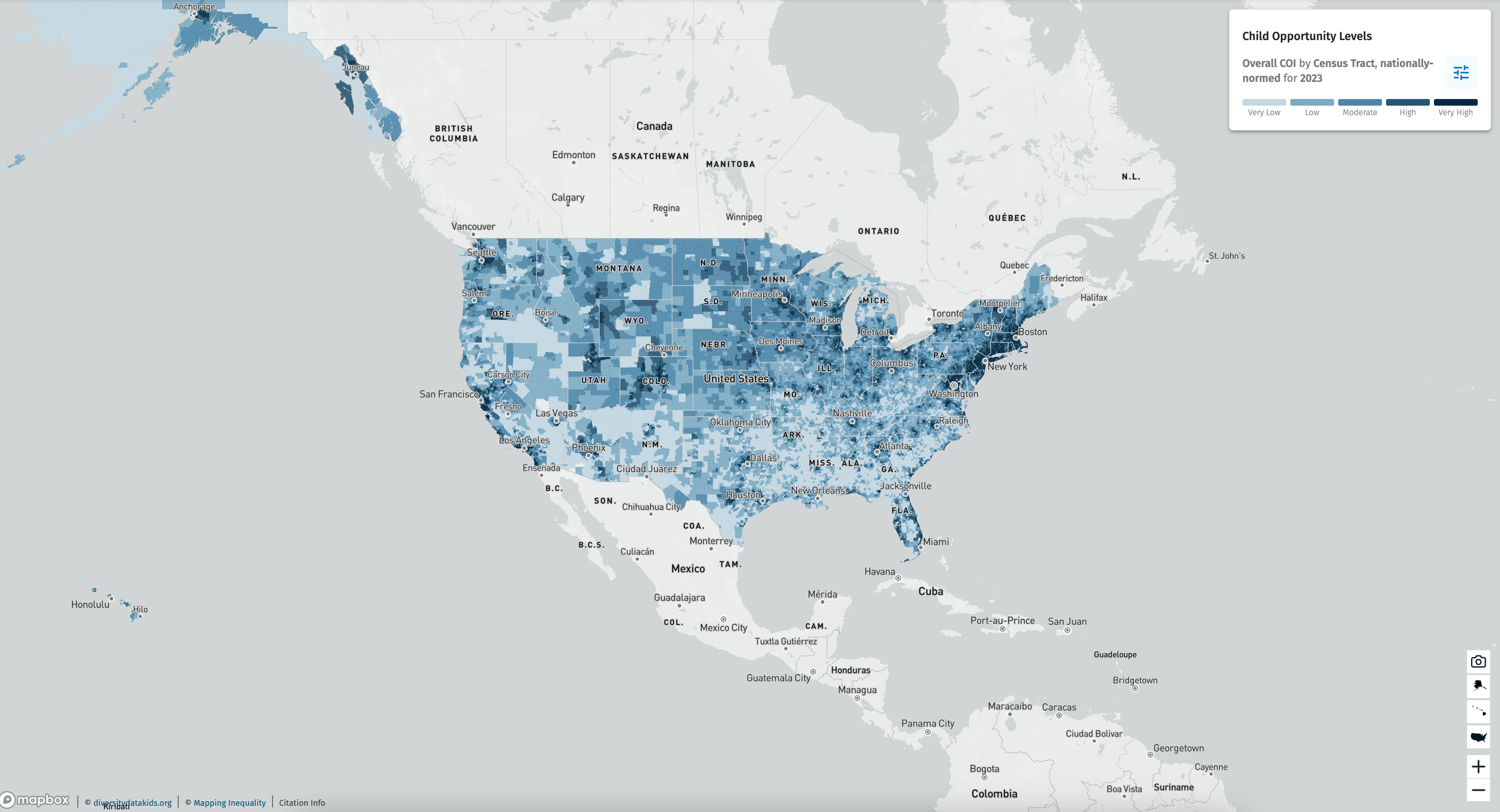
Websites
Here are easy to access links for noteworthy websites of organizations and materials related to health equity about women of childbearing age, infants, and families.
The Council on Black Health, in partnership with those who share our vision, researches and promotes long-term, transformative solutions that disrupt structural racism and improve health and well-being for Black communities.ably high rates of Black infant and maternal deaths countywide and ensure healthy and joyous births for Black families in LA County.
This website appears as the family face of the African American Infant and Maternal Mortality initiative of Los Angeles county. The initiative description follows. The Los Angeles County African American Infant and Maternal Mortality (AAIMM) Prevention Initiative is a coalition of the Department of Public Health in partnership with First 5 LA and the LA County Department of Health Services, Department of Mental Health, community organizations, mental and health care providers, funders, and community members. We are united in one purpose: to address the unacceptably high rates of Black infant and maternal deaths countywide and ensure healthy and joyous births for Black families in LA County.
MDHHS website of Health Equity, Implicit Bias, Stigma and Anti-Racism Resources managed by the Maternal and Child Health area. The site includes videos, tools, films, literature, podcasts, trainings and more.
Website that addresses the risk factors alcoholism and postpartum depression. The site provides education and resources to seek treatment options.
The National Equity Atlas is America's most detailed report card on racial and economic equity. The site equips movement leaders and policymakers with actionable data and strategies to advance racial equity and shared prosperity. The database has several defining attributes: it incorporates measures of well-being and racial gaps; it provides several decades of data for cities, counties, and metropolitan regions that are geographically consistent over time; and it includes data disaggregated by race/ethnicity, gender, nativity, and income to the maximum extent possible.
MiEJScreen
(Michigan Environmental Justice Screen) is a screening tool that provided percentile scoring various environmental, health and socioeconomic indicators to measure relative environmental risk in communities.
The Maternal and Infant Health Mapping Tool is intended to serve as a key resource for exploring data on maternal and infant health in communities. This resource is not intended to be comprehensive; only publically-available data sources at a county or location-specific level are included.
This website is part of diversitydatakids.org and offers census tract level data for Detroit and other areas with national comparison to similar areas. The project is affiliated with diversitydatakids.org as a comprehensive research program to monitor the state of wellbeing, diversity, opportunity and equity of U.S. children.
This website is for Los Angeles county African American Infant and Maternal mortality initiative. It describes a countywide coalition dedicated to address the disproportion of high rates of Black infant mortality and maternal mortality. It is led by the Los Angeles Dept. of Public Health, with First 5 LA. It launched in 2018 as part of DPH's 5 year plan to improve Black-White infant health outcomes in LA county.
This is a source of robust data and research needed to develop strategies to build an equitable economy. Through the National Equity Atlas partnership with the Equity Research Institute (ERI) at the University of Southern California, they share work to equip community leaders and policymakers with actionable data and research they can use to advance equitable growth. There is information on democratizing equity data; advancing the conversation on equitable growth; and informing community action. Categories of work include - Equitable Economy; Healthy Communities of Opportunity and Just Society.
This links to the website of the Institute for Population Health a community based health organization in Detroit. This is also the Detroit Healthy Start agency.
Expecting Justice wants every birth to be a healthy birth within San Francisco's Black and Pacific Islander (PI) populations by the year 2030 and that providers, public health professionals, and institutional leaders who interact with pregnant women have a shared understanding of and sense of responsibility to address racism and racial health disparities. Expecting Justice has three strategic focus areas that complement one another to address key dimensions of vulnerability faced by Black and PI women and people during pregnancy and childbirth: interpersonal and institutional racism in the healthcare and public health systems, plus structural racism manifested as the racial wealth gap.
BabyCenter is the Web's #1 global interactive parenting network, and has nurtured more than 100 million parents since 1997. It supports parents through their journey of parenthood with a blend of trusted, expert advice and parent-to-parent tips from pre-conception through age eight.
The Black Mamas Matter Alliance (BMMA) is a Black women-led cross-sectoral alliance that centers Black mamas and birthing people to advocate, drive research, build power, and shift culture for Black maternal health, rights, and justice.
Learn more about pending federal legislation to improve maternal health by searching the table. This page was launched in July 2021 and is updated regularly to track legislation through the 117th Congress.
WhyHunger believes a world without hunger is possible. The website provides critical resources to support grassroots movements and fuel community solutions rooted in social, environmental, racial and economic justice. WhyHunger is working to end hunger and advance the human right to nutritious food in the U.S. and around the world. The website offers many resources in various areas of health equity and social justice.
The website offers users the opportunity to join a community of people working to achieve racial equity.
This compilation of resources from the WK Kellogg Foundation was edited by Oronde Miller and Rebecca Noricks. It was published June 2020.
CDC hosted site with tools for review and surveillance of maternal mortality. This site holds information and tools for state (or other) work that reviews and surveillance data on maternal mortality. It was created in 2019. CDC provides the information included here, with contributions by David Goodman.
This is the website of the Detroit Food Policy Council. It includes resource information and activities to address food insecurity in Detroit families.
This dashboard of city metrics is sponsored by the Robert Wood Johnson Foundation with rights by NYU Langone Health. It offers health related metric information for US cities, including Detroit.
This blog discusses recent findings that show the U.S. maternal mortality rates are higher than other countries.
This is the W.K. Kellogg Foundation website on Truth and Racial Healing, which includes notification of events, partners, and activities occurring to promote racial healing in communities.
This website of the United Church of Christ offers briefings, webinars, legislation and policy, graphics and data, and educational tools, book, videos, and other resources.
Implicit Association Test measures the strength of associations between concepts and evaluations or stereotypes. This site is part of Project Implicit, a 501(c)(3) organization and international collaborative of researchers interested in implicit social cognition. It was founded in 1998 and launched in 2011. The mission of Project Implicit is to educate the public about bias to provide a "virtual laboratory" for collecting data on the internet.

























